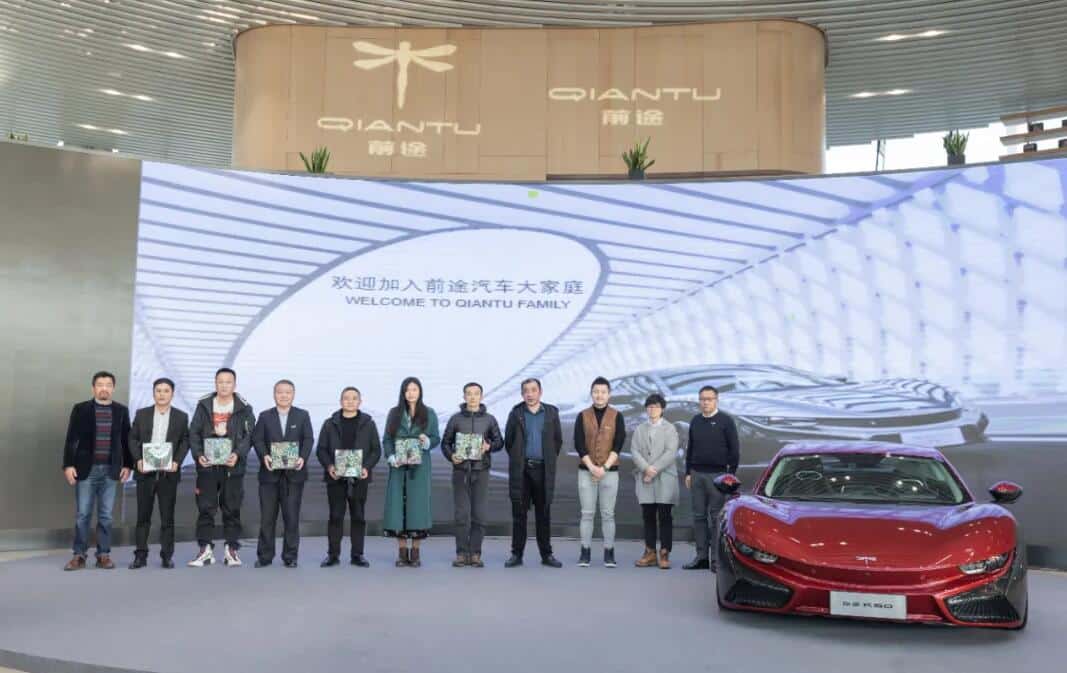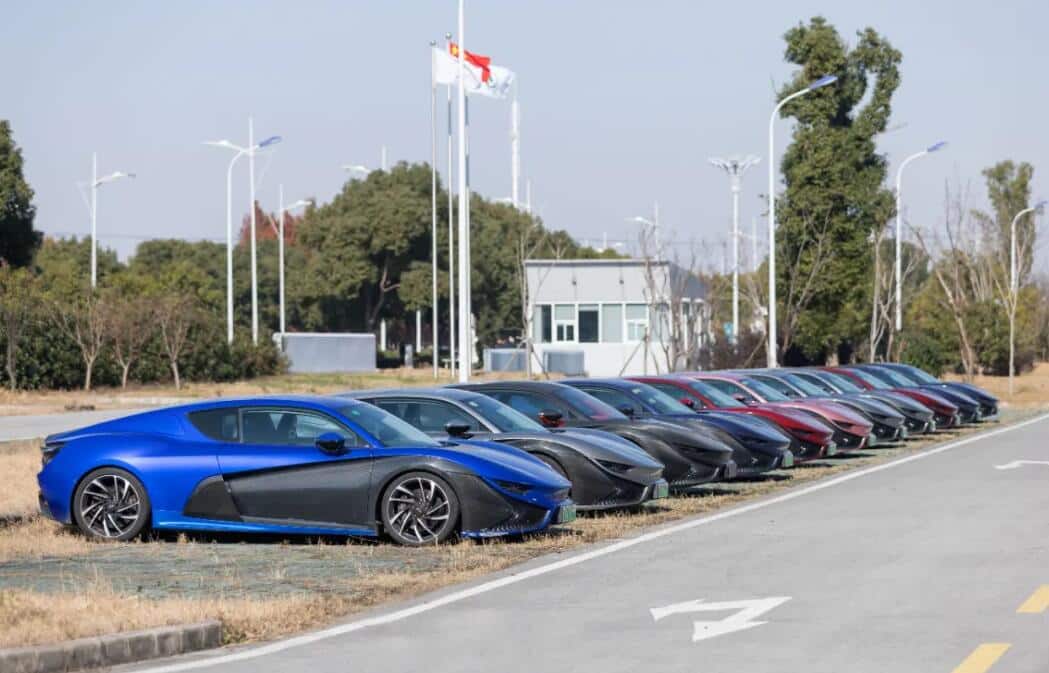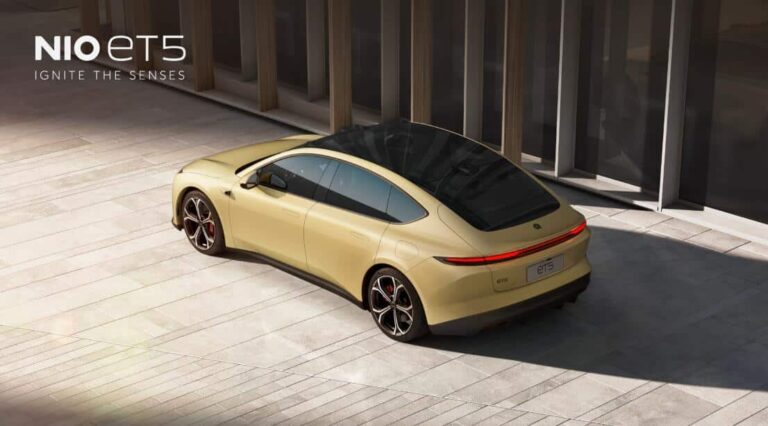Qiantu unveiled its new development plan, restarted production of the Qiantu K50 sports car and delivered the car to new customers.
It was exciting to see electric vehicle (EV) startup Qiantu Motors' electric sports car in China's top-tier cities several years ago. But the company was unsuccessful in getting consumers to embrace its product and disappeared from the public eye for some time.
Now, after two years of silence, the company has announced its return following a dramatic increase in EV acceptance by Chinese consumers.
On December 18, the same day that Nio held its annual event Nio Day 2021 in Suzhou, Qiantu also held a strategy sharing session at its factory in the city.
Qiantu officially unveiled its new development plan, held a ceremony to launch the Qiantu K50 sports car and delivered the model to new customers.
(Image credit: Qiantu)
Qiantu unveiled its technology development and application in new materials, new energy and intelligence, saying it will work with partners to develop aluminum alloy 3D printing technology, fluid metal body skeleton structure, new body connection technology and light alloy body manufacturing technology.
(Image credit: Qiantu)
The company said it has also reached an agreement with Canadian Solar to mass produce the world's first solar-powered car by 2022.
The technology will be used in subsequent models and will enter overseas markets in the future, it said.
Qiantu also announced that a new model, Qiantu K20, will be launched in 2022 and will enter overseas markets.
Qiantu, which was established in 2015, is a wholly-owned subsidiary of CH-Auto Technology Co Ltd.
It received a NEV production license from China's National Development and Reform Commission in 2016 and a vehicle manufacturing license from China's Ministry of Industry and Information Technology in 2018, making it the sixth EV startup in China to receive both licenses.
Qiantu's first model, the Qiantu K50, was launched in 2018 with a subsidized price of RMB 686,800 ($110,000).
However, due to factors including the tiny addressable market and high price, the Qiantu K50 has gained low user acceptance since its launch, with less than 200 units sold to date.
Media reports in February 2019 claimed that CH-Auto Technology was having problems with unpaid wages and suppliers. By the end of 2019, such problems were getting worse, and Qiantu began to fade from public view.
In November 2020, Qiantu's first experience store in Sanlitun, Beijing, was closed and the production of Qiantu K50 was discontinued.
However, since this year, China's NEV industry has been developing rapidly, and the penetration rate of NEVs has been rising rapidly.
In retail sales in November, China's NEV penetration rate was 20.8 percent. The figure was 13.9 percent From January to November, well above the 5.8 percent in 2020, according to data released earlier this month by the China Passenger Car Association (CPCA).
Against this backdrop, consumers are increasingly receptive to the premium products of local car companies.
Nio, the most successful local premium car company, is now delivering 10,000 units per month, despite the fact that the vehicles are priced well above RMB 300,000.
HiPhi, a local electric car brand with vehicles starting at up to RMB 800,000 ($125,600), also delivered 763 vehicles in November.
Perhaps their initial success has given Qiantu new hope, as the company released a video about the Qiantu K50 on December 2, the first update to the account since July 30 last year.


